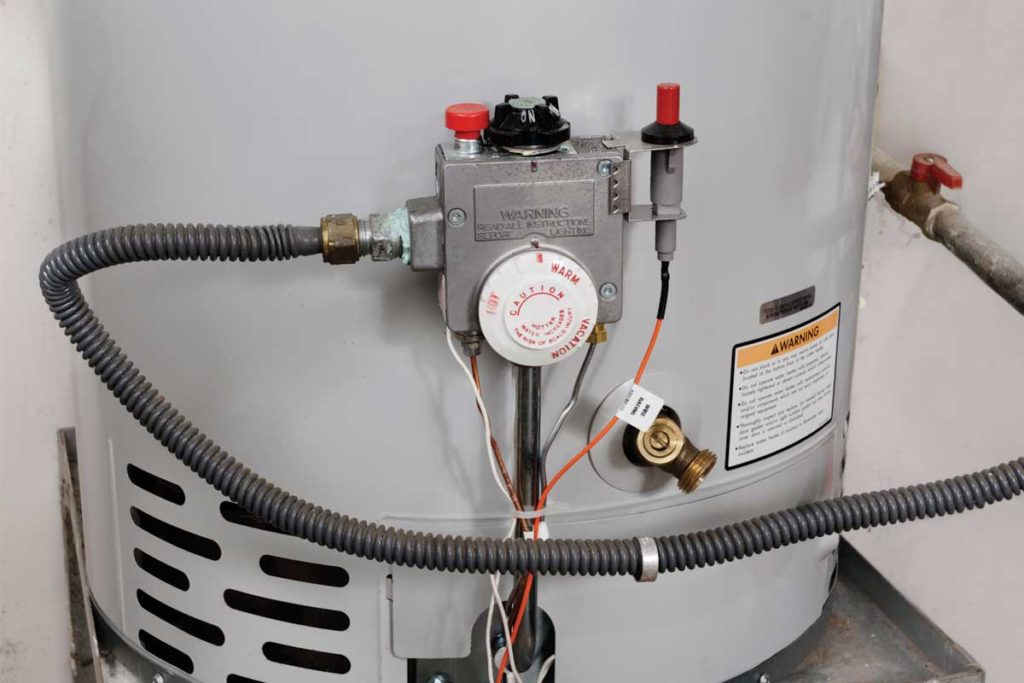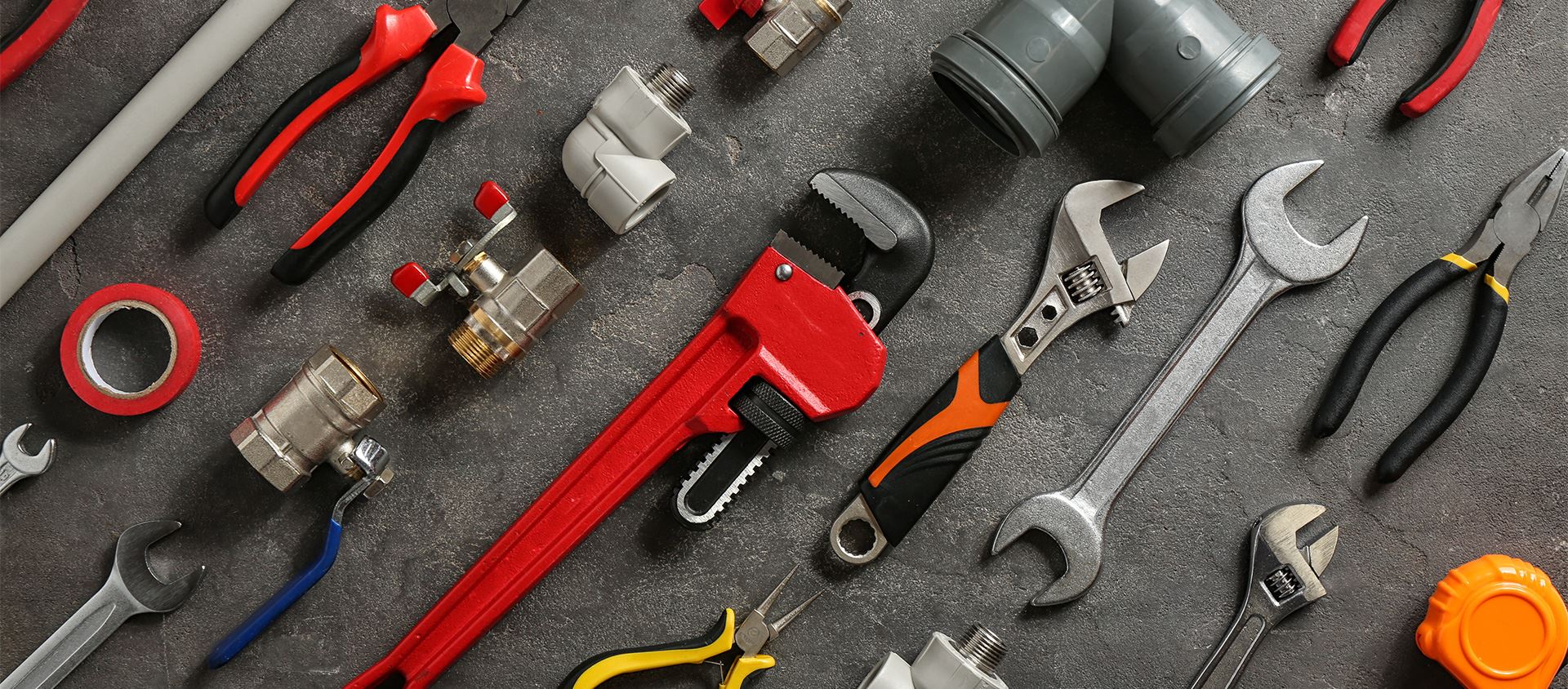The average water heater lasts approximately 8-12 years before losing power and becoming inefficient. Due to this, it’s recommended to consider a full-scale water heater replacement before the old unit breaks down. Potential symptoms can include:
- Leaks
- No Hot Water
- Insufficient Output
- Rattling/Noises
- Not Enough Water
- Slow Heating Process
- And More
The list can be extensive, and it’s best to have a specialized professional take a look. This can help shed light on what’s required and whether or not a replacement is necessary.

In most cases, it’s better to replace the water heater with a brand-new model. This leads to better performance, durability, and consistency while remaining energy-efficient at the same time. Investing in something that will last for the coming decade is worthwhile. Take the opportunity to look at the various models and choose one that’s sufficient for the long-term. It’s good to know about the different types of water heater options you have to choose from and do your homework accordingly.
TYPES OF WATER HEATERS
- Conventional storage water heaters offer a ready reservoir (storage tank) of hot water
- Tankless or demand-type water heaters heat water directly without the use of a storage tank
- Heat pump water heaters move heat from one place to another instead of generating heat directly for providing hot water
- Solar water heaters use the sun’s heat to provide hot water
- Tankless coil and indirect water heaters use a home’s space heating system to heat water
As you can see, property owners have a couple of choices when it comes to water heater replacements. The first is to go with a similar model and initiate a simple swap or to install an upgraded water heater. This is a decision based on the individual’s requirements, budget, and overall setup. A professional can assist in listing the various options and making sure a safe decision is made.
To make the right decision, it’s best to account for variables such as the heater’s capacity, dimensions, recovery rate, and overall performance. These metrics can shed light on whether or not the new heater is a meaningful solution.
The most common water heater tends to provide 40 or 50 gallons (capacity) while maintaining a respectable recovery rate of an hour or so. This ensures the water heater can keep up with the property’s demands without reducing power. Along with understanding the power-related metrics of a new replacement, it’s also important to think about where the unit is being installed. A specialist can help assess the relevant components and pinpoint how the water heater is going to be installed.
This is the best way to make sure the water heater is a good one and remains an adequate replacement moving forward. Property owners are encouraged to sit down and analyze these details in advance before making a decision.
S.A.A.B. Plumbing and Heating INC. has years of experience in the management of water heater replacement services and guarantees top-tier results. Our service goes above and beyond your average plumbers, we offer 1-year parts and labor warranty on all S.A.A.B. provided products, 24/7 emergency service, and same day service. Our team is filled with licensed plumbers, gasfitters, and oil burner technicians. To get started, fill out our easy contact form or call (508) 501-6479 and we will get right back to you!
The post Choosing the Right Water Heater for Your New England Home appeared first on S.A.A.B. Plumbing and Heating, INC.

